

Justron
gamer level 5
4215 xp
4215 xp
followers
6
6
Use my invite URL to register (this will give me kudos)
https://boardgaming.com/register/?invited_by=justron
profile badges



recent achievements

Knight
Give 100 hearts (loyalty points) to a single game
Give 100 hearts (loyalty points) to a single game

Detective
Follow a total of 20 games
Follow a total of 20 games

Arrowhead
Explore select games by completing a series of exploration actions. learn more »
Explore select games by completing a series of exploration actions. learn more »

Explorer - Level 2
Earn Explorer XP to level up by completing Explorer Quests!
Earn Explorer XP to level up by completing Explorer Quests!
Player Stats
Critic (lvl 2)
405 xp
405 xp
Explorer (lvl 2)
435 xp
435 xp
Professor (lvl 2)
425 xp
425 xp
Reporter (lvl 1)
132 xp
132 xp

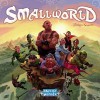
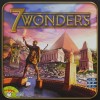



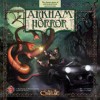



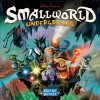
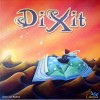
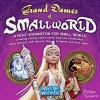
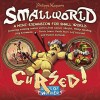










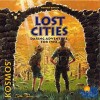




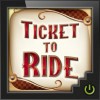

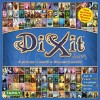
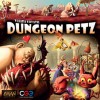





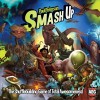








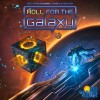

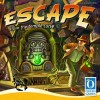

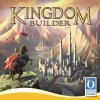








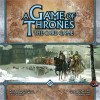


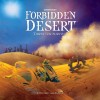
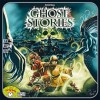

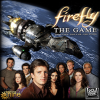

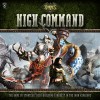


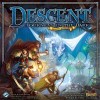
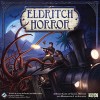
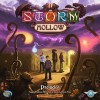

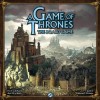
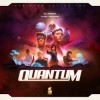

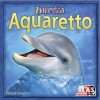



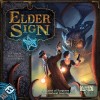


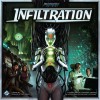
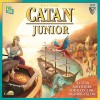

Thurn and Taxis: All Roads Lead to Rome
This expansion contains two additions to the base game that can be used independently of each other, or together.
In Offices of Honour, when players use one of the four office holders they receive a token with the office holder’s face on it. Collecting a set of 2, 3, or 4 different office holders, then cashing them in, allows you to perform one of three special actions (each related to the number of different office holders you return to the supply), the most powerful being the ability to place a single post office in any city without having to visit it.
This expansion adds a hint more strategy to each turn of the game. Players can now gain rewards for diversifying their turns, and each office holder has a new value to weigh when making decisions. There is also an iota of new player interaction: the pool of office holder tokens are limited and when one type is depleted all players may return a set of tiles to claim the benefits, so the timing of depleting a pool can stop someone else from completing a larger, higher powered set.
In Audience a side-board with a map of roads to Rome is added along side the normal map. On this side board players load carriages with clergymen of various point values, and move the carriages toward Rome when a card in a closed route does not cause a post office to be placed. When a carriage reaches Rome, the clergymen disembark and sit in one of five seats, denoted by their point value. If a seat is already occupied, any newly arrived clergymen push the old ones out if they are the same value. So, it is important to have the carriage you’ve placed your highest point valued clergyman arrive as late in the game as possible.
If the above sounds confusing and convoluted… it’s because, in our experience, it is. This expansion is difficult to manage mentally, and often gets forgotten, carriages only being shuffled along as an afterthought. It’s almost an entire game unto itself, with little bearing on what’s happening in the main game. With the rules for carriage movement being so hard to plan (and running counter to the efficiency hammered into you in the base game), and players often forgetting where they’ve put their clergymen, this expansion usually ends up being a few random extra points for a few random players. The point values are not enough to win purely by focusing on the expansion, and the conditions under which to get the points are so hard to orchestrate as to not warrant paying much attention.
The components of All Roads Lead to Rome are high quality, and match perfectly with the base game.
Overall, we happily use the Offices expansion with players who are familiar with Thurn & Taxis as it requires minimal explanation, and the strategy it adds is readily apparent and useful. The Audience expansion isn’t worth the trouble. I’d be interested if other groups have different findings.